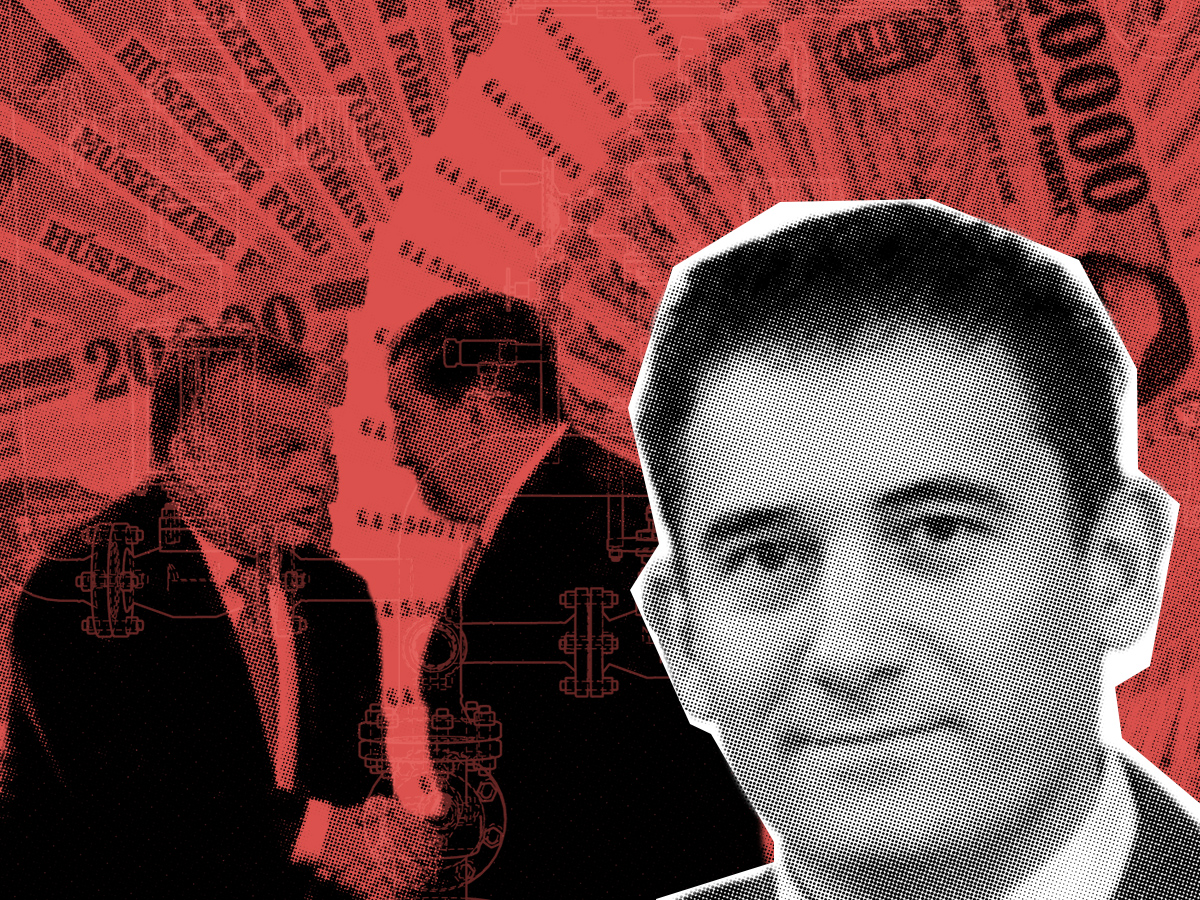Opposition politician profited from business deals with the Hungarian government’s inner circles. Now, the EU has identified irregularities in several of their deals

Following last year’s local elections, several politicians from opposition parties gained positions in Budapest’s public institutions. One of them is Gergő Czeglédy of the Hungarian Socialist Party (MSZP). He became deputy mayor in one of Budapest’s districts and member of the supervisory board in the Budapest Public Transportation Company (BKK).
However, Czeglédy is active not only as a politician, but also as a businessman. His company was one of the winners in a mostly EU-financed program where the EU’s anti-fraud agency OLAF identified irregularities, according to information obtained by Direkt36.
OLAF expressed concerns regarding 20 tenders. These were related to EU-funded PR campaigns of local sewerage pipeline system developments. The task of the winning companies was to publicize these upgrades of local sewerage systems with leaflets, billboards, or at citizens’ fora. The value of the 20 tenders where OLAF raised objections totals 1.5 million euros, according to Direkt36 calculations. 85 percent of the money came from EU funding.
OLAF told Direkt36 that their investigations have found that the procurement procedures were irregular, which resulted in limited competition between potential bidders. The anti-fraud agency made recommendations to the European Commission to take steps in order to recover irregularly spent funding. OLAF did not disclose more information regarding the exact amount recommended for recovery.
The majority of these PR tenders from 2018-19 were won by companies owned by pro-Fidesz businessman Tamás Várnai. Várnai was the managing director of ‘Ezüsthajó Produkció’, a company winning several lucrative state contracts during the first Orbán-government (1998-2002). He was also a member of the board of directors of TV2, a privately owned TV channel with close ties to the government. In some of the tenders investigated by OLAF, Czeglédy’s company called Perfektum PR, was consortium partner of Várnai. In other cases, the politician’s company was involved as the sub-contractor.
Czeglédy acknowledged the investigation to Direkt36. He wrote that OLAF visited his company, reviewed the tender documentation and found everything in line with the rules. He also added that the anti-fraud agency raised no objections to the tender participants, including his company.
Várnai’s companies and other tender participants did not reply to our inquiries. Direkt36 also contacted the state-owned NFP Nonprofit company which implemented the tenders. We asked whether they have knowledge of OLAF’s investigations and if they looked into the links between the winning companies, but received no response.
From opposition to the government’s inner circles
Direkt36 reported earlier that companies of Czeglédy have visibly grown since the change of government in 2010. Czeglédy used to be chief of staff to Miklós Hagyó, the influential former Socialist deputy mayor of Budapest, whose downfall about a decade ago was prompted by various corruption scandals. Czeglédy won several lucrative public tenders from state and local municipality companies, mostly by participating in consortiums with government-close business partners, such as Várnai. Czeglédy denied that he is a beneficiary of the current government or that Várnai belongs to the inner business circles of the governing Fidesz party.
Following Direkt36’s reports, opposition MP Ákos Hadházy started looking into the tenders in fall 2018. He pointed out that in the majority of these tenders, there was only one bidder and that bids were overpriced. After Hadházy filed a report to OLAF, the anti-fraud agency informed him about the result of their investigations in mid-October. The politician forwarded the related letter to Direkt36.
OLAF told Direkt36 that it submits its recommendations to the European Commission, and not directly to Hungarian authorities, and that on this basis, the European Commission can take a decision on the follow-up. According to a source with knowledge about the issue, OLAF’s report about the tenders has been in the meantime received by the European Commission, which will forward it to Hungarian authorities and take further steps in coordination with them.
For the Hungarian company data we used the services of Opten.

